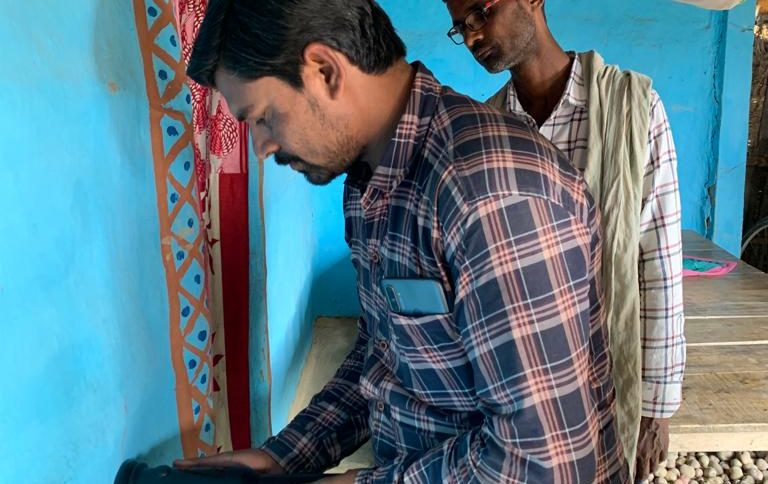- Find our latest Case Studies
- Our Platforms
Our Platforms
- Platform 1: Bioactives Library – Shaping novel antimicrobial products
- Platform 2: Hits to Leads – Developing new innovative antibiotics
- Platform 3: Organoid modelling – Enhancing drug discovery
- Platform 4: Advanced AMR Modelling
- Platform 5: Human Challenge – Small scale clinical trials
- Platform 6: Diagnostics
- Platform 7: Randomised Control Trials
- Platform 8: Mapping and Modelling
- Platform 9: Nanotherapeutics
- Platform 10: Antibody Humanisation
- Platform 11: Long-Acting Therapeutics
Tackling Infections: Improving assessment of population immunity to bird flu

Tackling Infections
As part of a unique initiative funded by UK Research and Innovation (UKRI) and delivered by iiCON, companies and research groups with novel solutions to tackle infection transmission were offered the opportunity to shape the direction of the UK’s infection response and bid for funding.
After successful sandpit events, iiCON announced 11 new projects had received a share of £1.5 million in funding from UKRI as part of its ongoing work to support innovative ways of tackling infections.
Here, we explore how one of the successful projects, Immunoserv, will be utilising their funding to progress an exciting project to create a scalable test assessing both T cell and antibody immune responses to the latest circulating strains of avian influenza (H5N1).
The Challenge
The recent emergence and spread of H5N1 avian influenza among cattle herds in the United States have intensified global concerns about zoonotic transmission and the potential for human-to-human spread.
A critical gap in pandemic preparedness is the uncertainty surrounding pre-existing immunity within the population, in particular, whether prior influenza exposure or vaccination offers cross-protective immunity against emerging avian strains.
Traditional immunity assessments have predominantly focused on measuring antibodies, which may not provide a complete picture of immune protection. Emerging evidence points to the critical role of specific cells of the immune system called ‘T cells’ in conferring protection against symptomatic influenza, independent of antibody titres. However, measuring T cells at the scale required to identify population-level immunity has proven challenging.
The Response
During the COVID-19 pandemic, ImmunoServ successfully developed the world’s first scalable and standardised T cell test. The ‘Immuno-T’ test, which uses a capillary blood sample obtained by an individual at their home, was able to identify individuals at increased risk of SARS-CoV-2 infection.
ImmunoServ took part in the iiCON and UKRI Tackling Infections sandpit events which supported 11 innovative projects focused on combating infectious diseases.
Following this, Immunoserv received a share of £1.5 million in funding from the UKRI as part of its ongoing work to support innovative ways of tackling infections.
With this funding from the iiCON / UKRI Tackling Infections pilot grant, ImmunoServ is now adapting the Immuno-T platform for avian influenza (H5N1), with the aim of creating a scalable test assessing both T cell and antibody immune responses to the latest circulating strains. T cell responses to H5N1 have the potential to protect from avian influenza infection and/or severe disease, should the virus spread to humans.
ImmunoServ has developed a scalable blood test to measure critical components of the immune response to avian influenza viruses and is currently seeking volunteers from across the UK to help optimise and validate the test.
The test would offer significant public health and commercial value: Public health authorities can better estimate population-level immunity and risk; vaccine developers would gain critical insights into T cell-driven immunogenicity during clinical trials; and the general public, in particular those who are immune compromised, would receive personalised information on their immune status and potential risk profile.
Together, this pilot study marks a significant step toward pandemic preparedness, addressing both scientific and societal needs for a more nuanced understanding of immunity to emerging avian influenza viruses.
If you are based in the UK and over the age of 18, you may be eligible to take part in the research study, which is open to recruitment until summer 2025. Please visit https://www.immuno-t.co.uk/our-research for more information.


